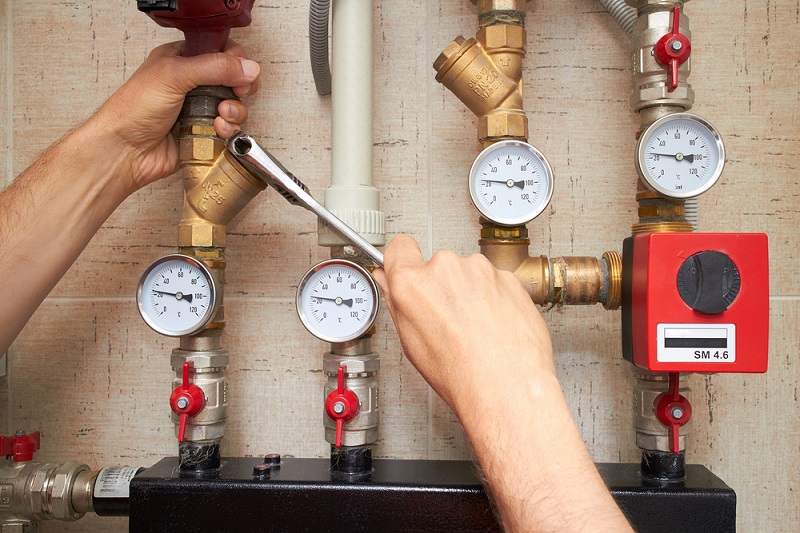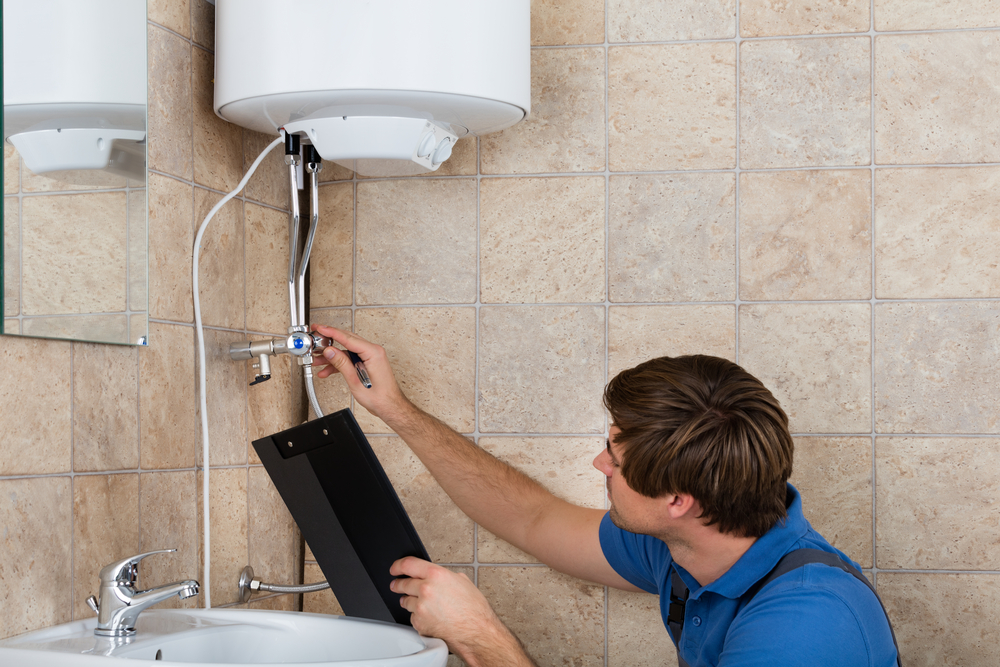Ever found yourself having to take a cold shower on a chilly morning because the hot water system is down? And didn’t this occur only after a couple of years of installation of that pricey system? Ring a bell, right? For many, these situations are all too familiar. This blog is an exploration into how to avoid such unpleasant surprises, focusing on gas hot water systems. Plumbers, interior designers, homeowners, or tenants – take note!
One of the essential components contributing to our everyday comfort is the hot water system. But how often do we pay attention to its regular maintenance? Most of us fall into the trap of the ‘out of sight, out of mind’ mindset when it comes to our hot water systems. However, this lack of maintenance could end up costing us more in the long run, both monetarily and comfort-wise.
The good news is, enhancing the lifespan of your gas hot water system is not rocket science. Rather, it calls for regular checks, cleaning, and maintenance. Prolonging the life of your appliance not only eliminates the worry of unexpected breakdowns or replacements but also saves energy and water, thereby promoting sustainability in households.
The Importance of Regular Gas Hot Water System Maintenance
Taking good care of your gas hot water systems are akin to giving your car a regular service. Both these investments demand consistent inspection for optimal performance. Unseen leakages or minor malfunctions can culminate into significant issues over time, thus leading to extravagant repair costs and even replacement.
The truth is, regular maintenance doesn’t necessarily mean extensive work. Simple, consistent actions, like checking the system for leaks, ensuring its insulation, and cleaning the burners, can considerably enhance the system’s efficiency and extend its life. A well-maintained system also keeps energy consumption in check, thereby reducing your utility bills.
Take heed, though – certain maintenance activities call for professional expertise, like checking the pressure relief valve or draining the tank annually. While DIY enthusiasts will be tempted to get their hands dirty, compromising safety could lead to hazardous consequences.
Warning Signs of a Failing Gas Hot Water Systems
Even though you may be conscientious about regular maintenance, due to a variety of reasons, your system may show signs of weakening. This includes inconsistent hot water supply, noises in the system, or clear water turning rusty. These early signs should not be ignored and are typically an SOS for some maintenance to be done.
Ignoring these signs can lead to the swift deterioration of the system, leading to much larger, costlier problems. Such indicators may point towards a pressure issue, aging tank, or even sediment build-up enabled by neglect. It’s always recommended that you reach out to a professional to diagnose and resolve these issues.
Homeowners, renters, and property managers should remain vigilant about these signs. Keeping an eagle eye on your system’s health can save you from unwanted surprises and a substantial amount of money in the future.

Recommended Maintenance Tips
All right, you’ve now understood the importance of regular maintenance and the warning signs to watch for. But what specific actions can you take to ensure your system’s health? Not to worry — I’ve got this part covered within this section.
Firstly, regular inspections by a professional are a must. While DIY maintenance is good, nothing beats having an expert’s eye on your system once a year. They can spot potential issues that a novice can miss.
Secondly, beware of your system’s insulation. A proper insulation cover will keep the water hot longer, reducing the strain on your system and emanating less heat into your living areas.
Lastly, don’t forget cleaning! Just like any other equipment in your home, keeping your hot water system clean is pivotal too.
Pros and Cons of Regular Maintenance
Let’s cut to the chase here. Regular maintenance can well be a double-edged sword. On the one hand, you enhance the longevity of the system, save on utility bills, and reduce chances of leaks. On the other hand, it demands time, effort, and costs related to professional inspections.
However, the pros significantly outnumber the cons when you weigh the eventual benefits of regular maintenance – cost savings, peace of mind, and the warm, comforting feeling of a hot shower at the end of a long day!
The Role of Professionals in Maintenance
While we’ve touched upon this earlier, it cannot be overstated – the role professionals play in the maintenance of your gas hot water systems are crucial. Their expert eye, experience, and knowledge about various models and makes of hot water systems are irreplaceable.
DIY maintenance can cover only a fraction of what a professional can. An annual check-up by an expert can nip many a budding problem in the bud. This does require an investment, yes, but it is a small price to pay for the security, efficiency, and longevity that is guaranteed.
Conclusion
A gas hot water system is a significant investment and deserves your care and attention. Regular maintenance becomes the key to extend the system’s lifespan, prevent untimely breakdowns, and ensure energy efficiency. Keeping tabs on warning signs and not delaying repairs saves you a lot of hassle and money in the long run.
As tempting as it might be, do not try to handle every aspect of maintenance by yourself. There are certain tasks you can do, but also many you should leave to the professionals. Trust in their expertise, and they will help keep your system in top shape.
Remember, every plumber will tell you that maintenance is cheaper and easier than repair. So, let’s pledge to listen to the experts and to stop taking our hot water systems for granted. After all, who wants to crash into an iceberg of unforeseen expenses or face the terror of unexpected cold showers?

